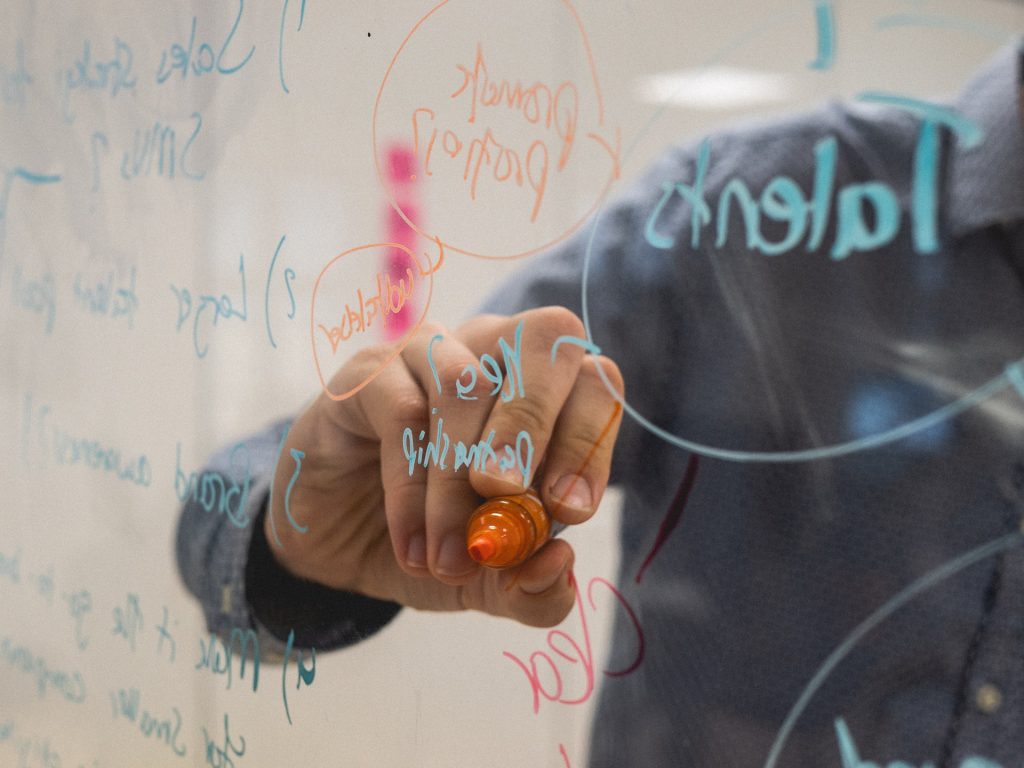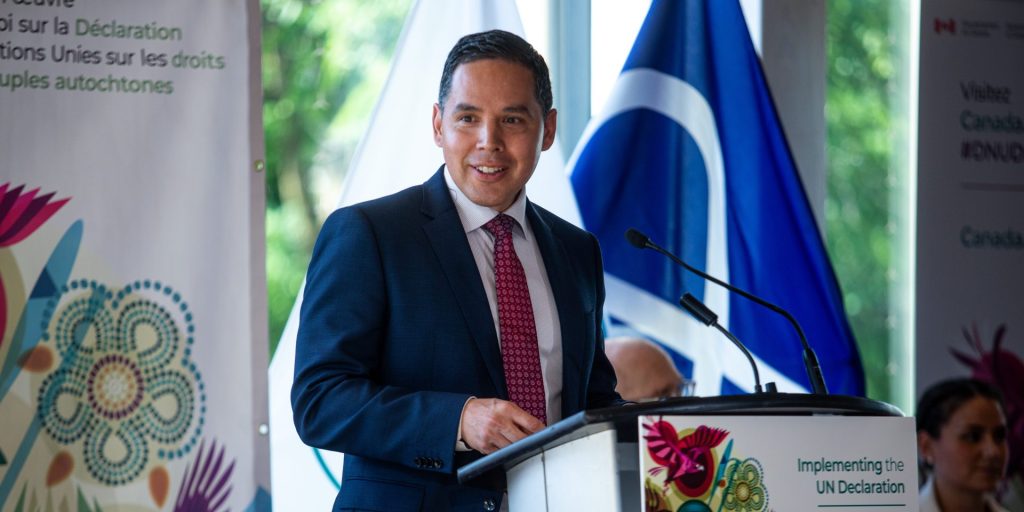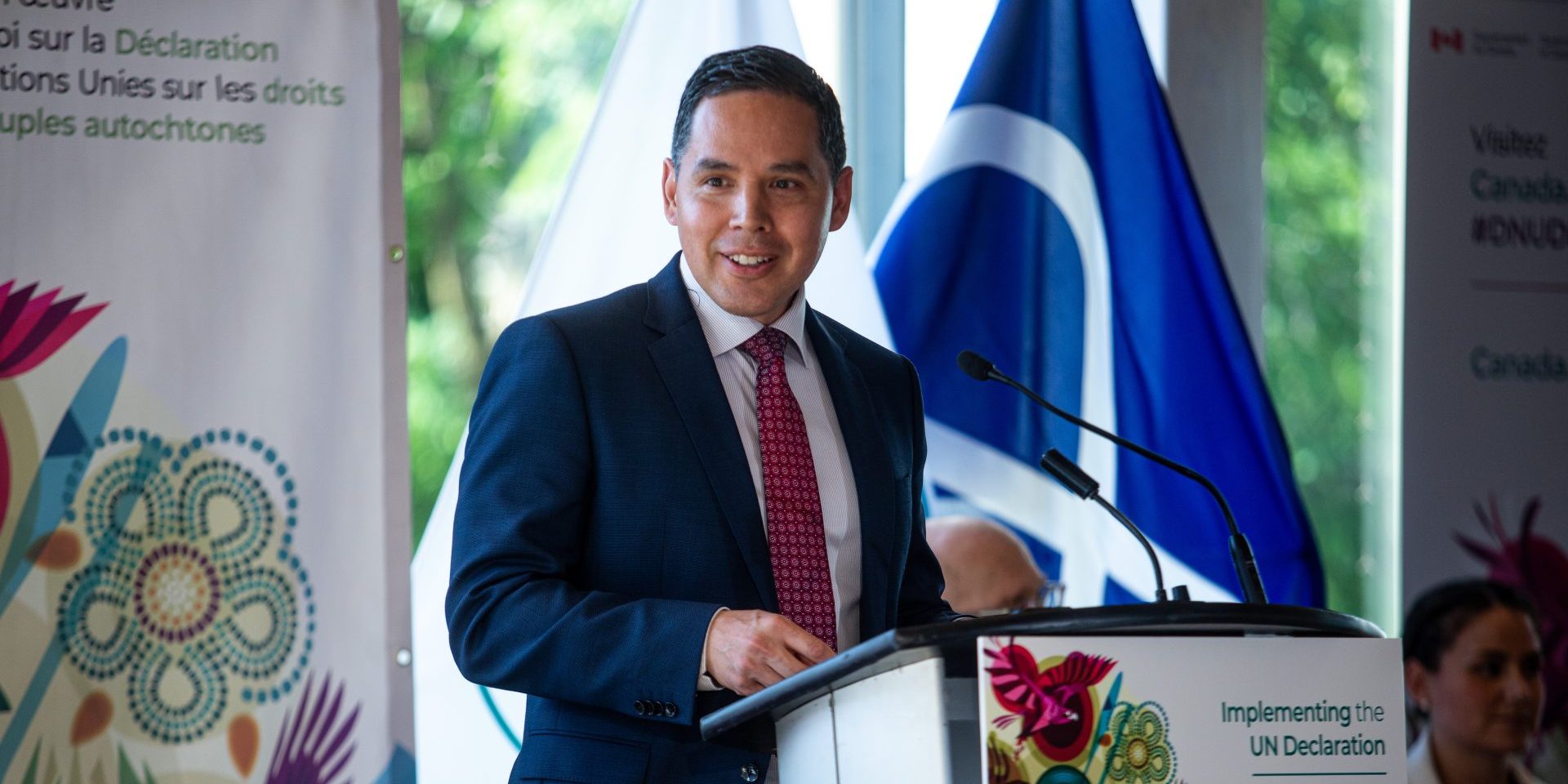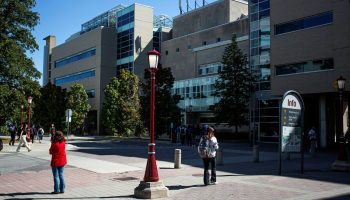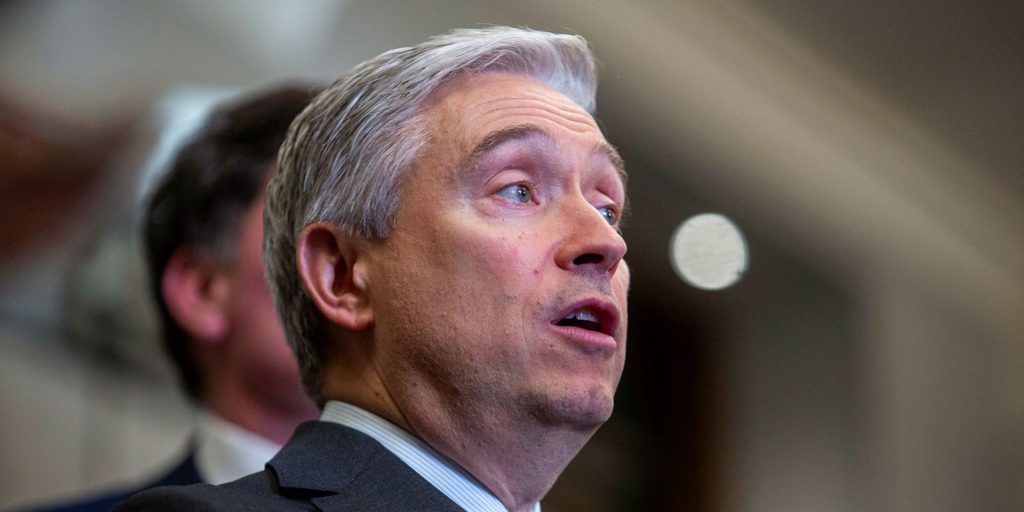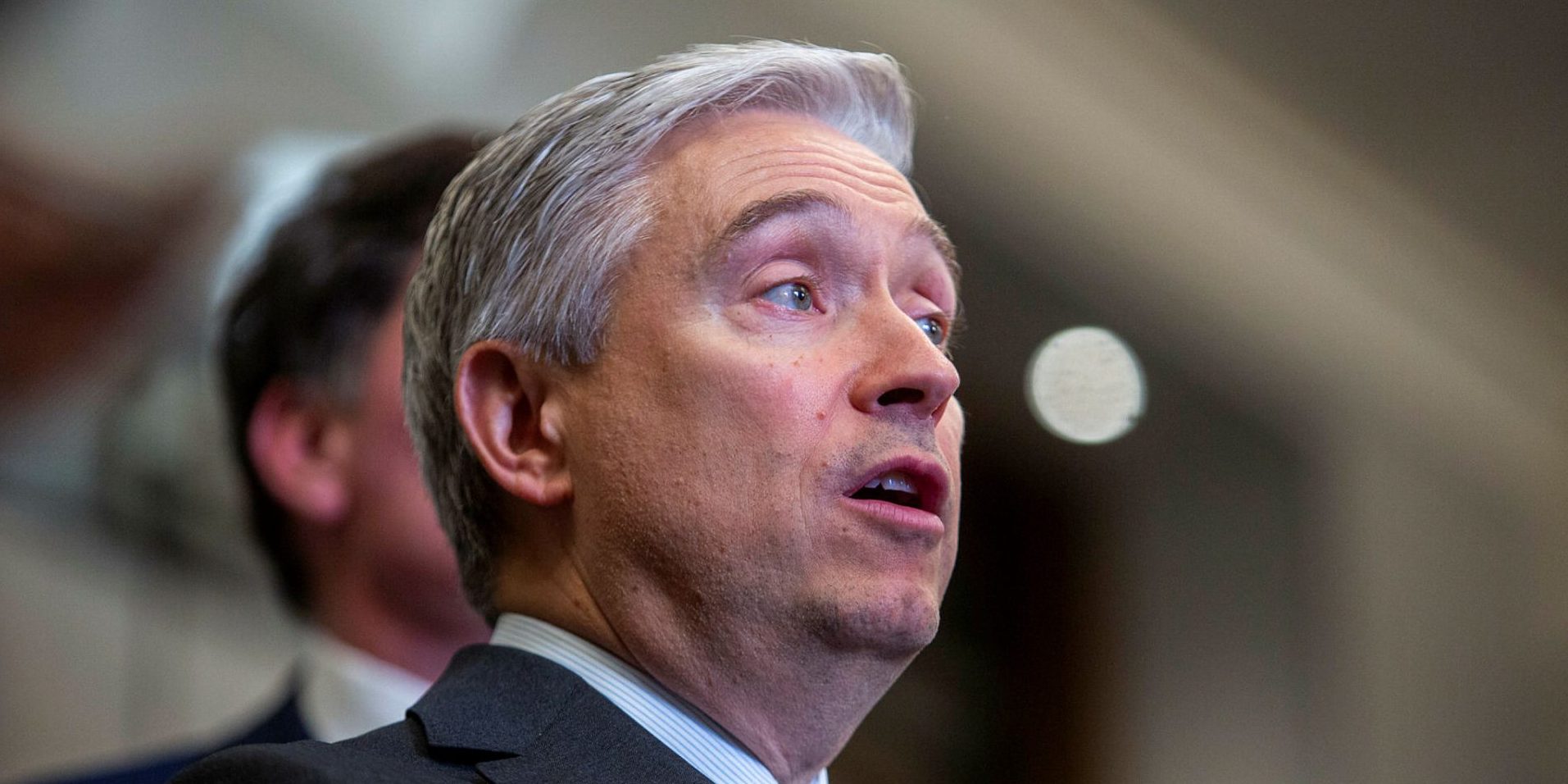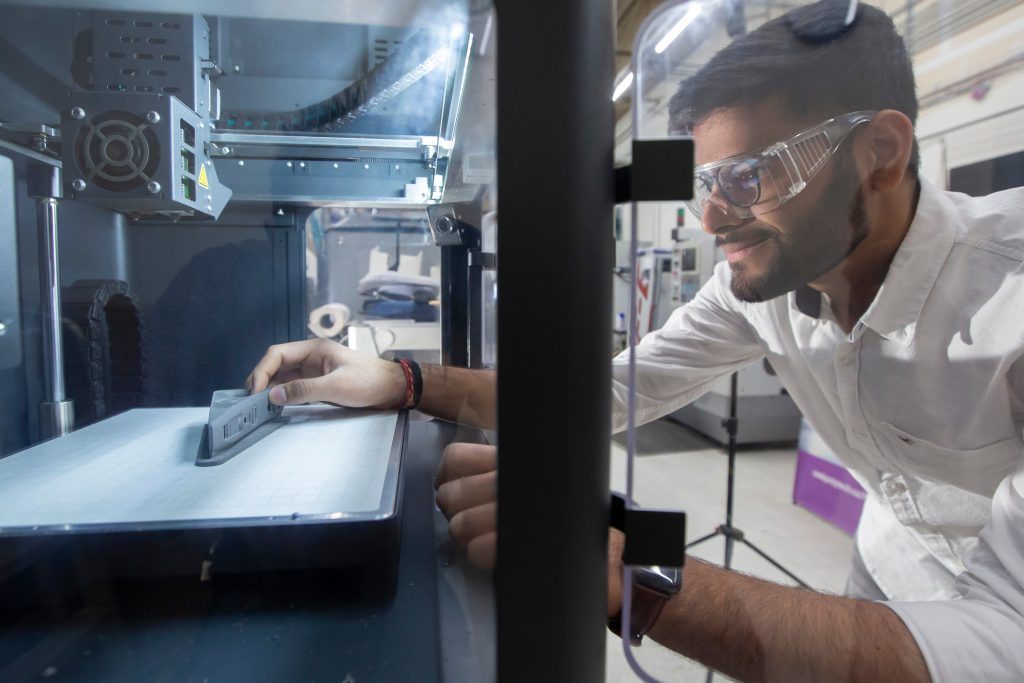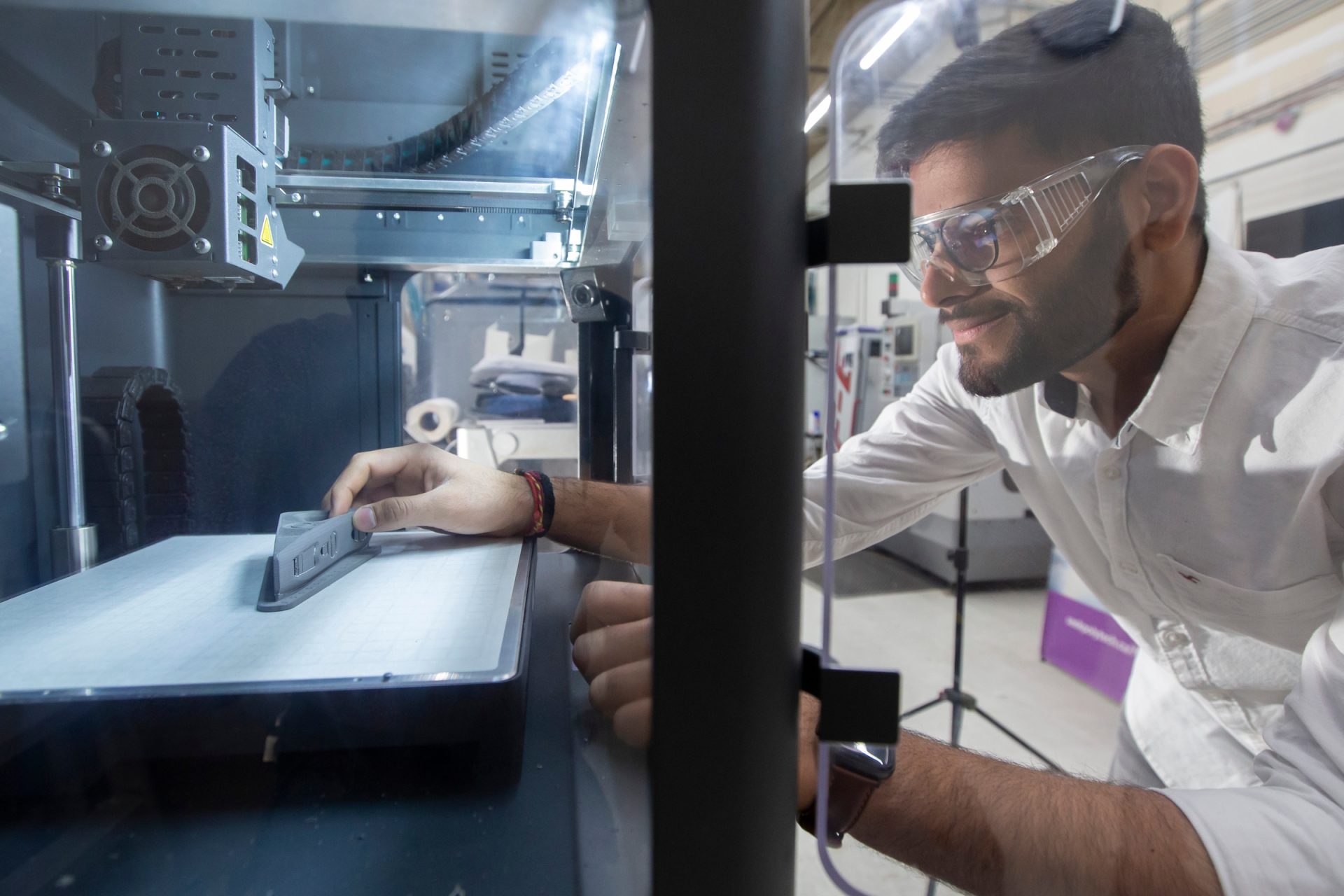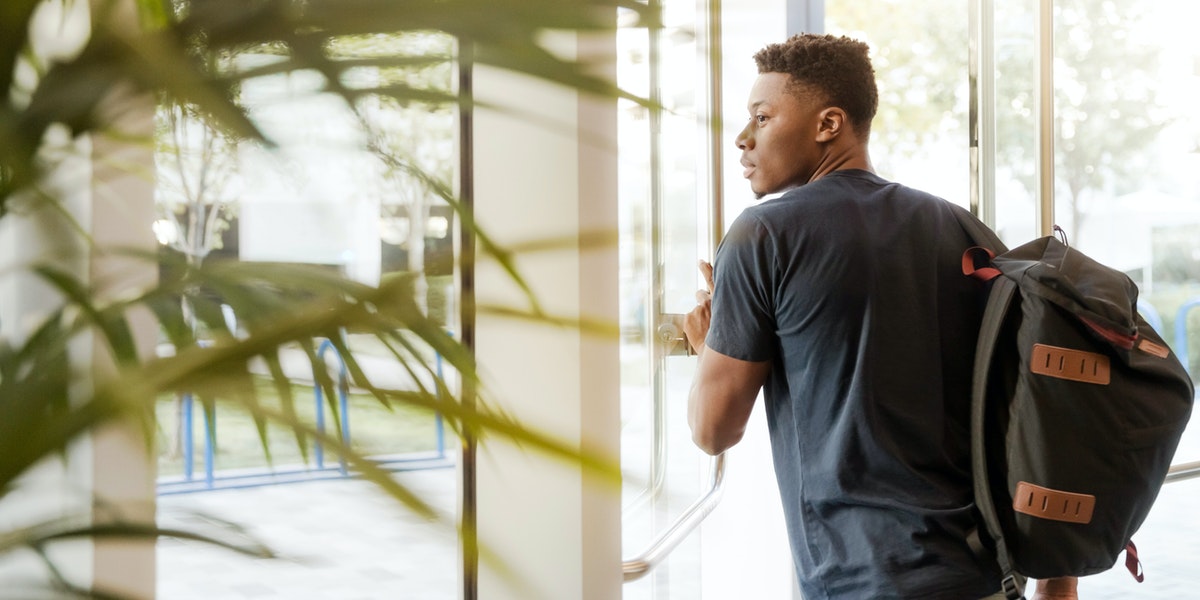Education
- ITK President Natan Obed says the inclusion of Inuktut on the translation platform can empower Inuit to 'interact more fully in the digital world.'
- ITK President Natan Obed says the inclusion of Inuktut on the translation platform can empower Inuit to 'interact more fully in the digital world.'
Become a Political Insider
Sign up for Today's Headlines newsletter now
By entering your email address you consent to receive email from The Hill Times containing news, analysis, updates and offers. You may unsubscribe at any time. See our privacy policy
- An overarching agency will improve the current funding system, and help to develop it as a true meritocracy where the best ideas are funded.
- An overarching agency will improve the current funding system, and help to develop it as a true meritocracy where the best ideas are funded.
- An overarching agency will improve the current funding system, and help to develop it as a true meritocracy where the best ideas are funded.
- When you bring together the right people, you push the boundaries of innovation.
- When you bring together the right people, you push the boundaries of innovation.
- When you bring together the right people, you push the boundaries of innovation.
- Public policymakers and researchers need timely information that reflects the health-care needs of the Métis population.
- Public policymakers and researchers need timely information that reflects the health-care needs of the Métis population.
- Public policymakers and researchers need timely information that reflects the health-care needs of the Métis population.
- Let’s agree on our priorities, and invest in research to develop the talent pool we will need in the years ahead.
- Let’s agree on our priorities, and invest in research to develop the talent pool we will need in the years ahead.
- Let’s agree on our priorities, and invest in research to develop the talent pool we will need in the years ahead.
- NDP MP Richard Cannings argues Canada doesn’t fund research to the same extent as some other countries, and this increases the risk of Canadian
- NDP MP Richard Cannings argues Canada doesn’t fund research to the same extent as some other countries, and this increases the risk of Canadian
- NDP MP Richard Cannings argues Canada doesn’t fund research to the same extent as some other countries, and this increases the risk of Canadian
- Mohammad Zaid has been working in peacebuilding in Afghanistan for nine years. The current situation weighs heavy on him and his work. “It feels,”
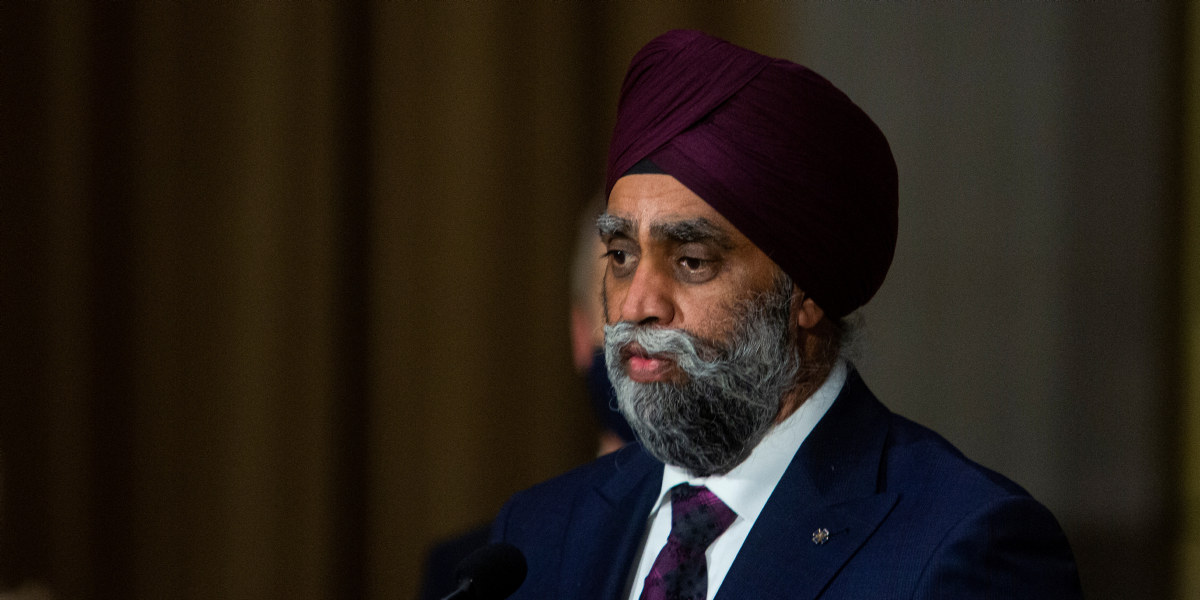
- Mohammad Zaid has been working in peacebuilding in Afghanistan for nine years. The current situation weighs heavy on him and his work. “It feels,”
- Mohammad Zaid has been working in peacebuilding in Afghanistan for nine years. The current situation weighs heavy on him and his work. “It feels,”
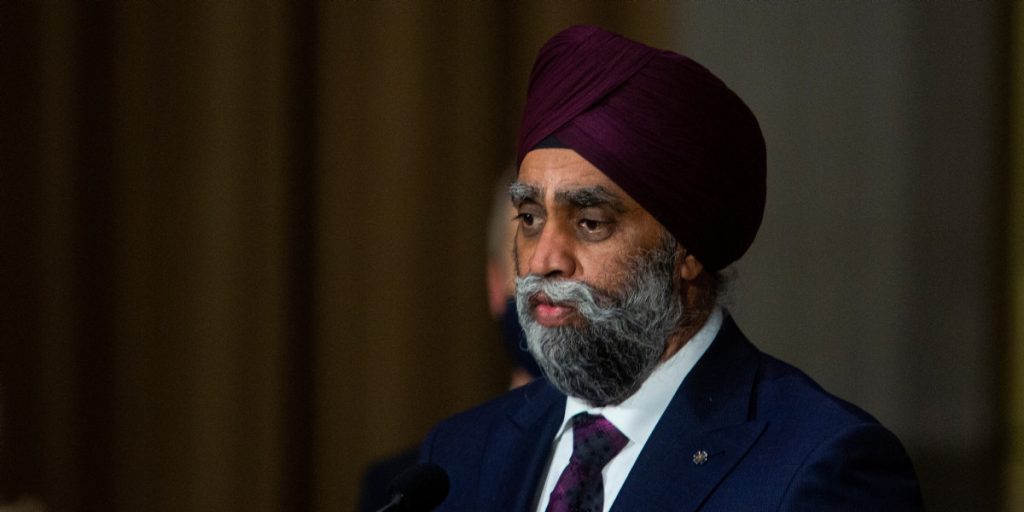
- With its December release of new minister mandate letters, the Trudeau government built on the directions and goals previously stated in the November Speech
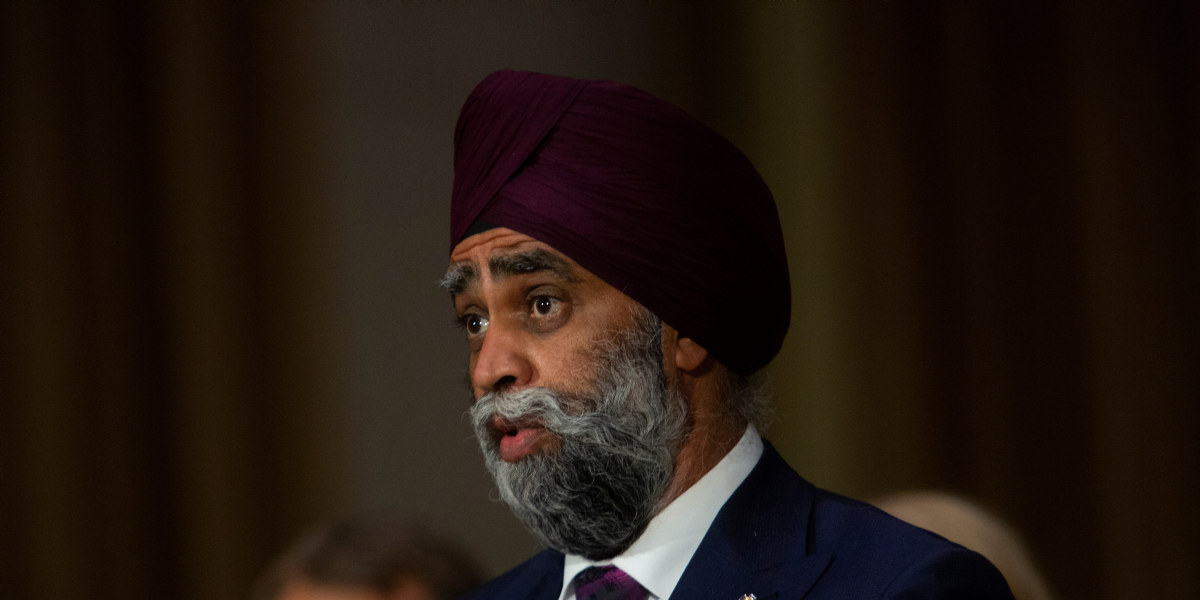
- With its December release of new minister mandate letters, the Trudeau government built on the directions and goals previously stated in the November Speech
- With its December release of new minister mandate letters, the Trudeau government built on the directions and goals previously stated in the November Speech
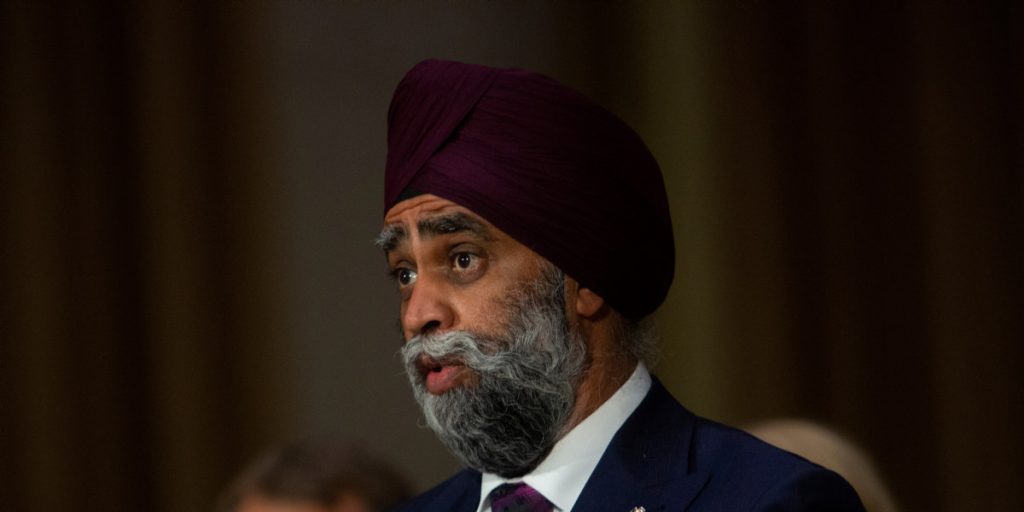
- When I ask business leaders what keeps them up at night, it is not only about supply chains, inflation, or rising commodity prices. The
- When I ask business leaders what keeps them up at night, it is not only about supply chains, inflation, or rising commodity prices. The
- When I ask business leaders what keeps them up at night, it is not only about supply chains, inflation, or rising commodity prices. The
- The transition from education to workplace and beyond used to be relatively straightforward: high school, post-secondary, job market, promotions, management, retirement. In today’s environment,
- The transition from education to workplace and beyond used to be relatively straightforward: high school, post-secondary, job market, promotions, management, retirement. In today’s environment,
- The transition from education to workplace and beyond used to be relatively straightforward: high school, post-secondary, job market, promotions, management, retirement. In today’s environment,
- This past February, Laurentian University—an important institution for francophone, Indigenous, and Northern Ontario students—declared insolvency and drastically reduced jobs and programs, cutting mathematics, midwifery,

- This past February, Laurentian University—an important institution for francophone, Indigenous, and Northern Ontario students—declared insolvency and drastically reduced jobs and programs, cutting mathematics, midwifery,
- This past February, Laurentian University—an important institution for francophone, Indigenous, and Northern Ontario students—declared insolvency and drastically reduced jobs and programs, cutting mathematics, midwifery,

- COVID-19 variants of concern and the pandemic’s fourth wave are impeding the movement of international students seeking to attend Canada’s universities, making this fall
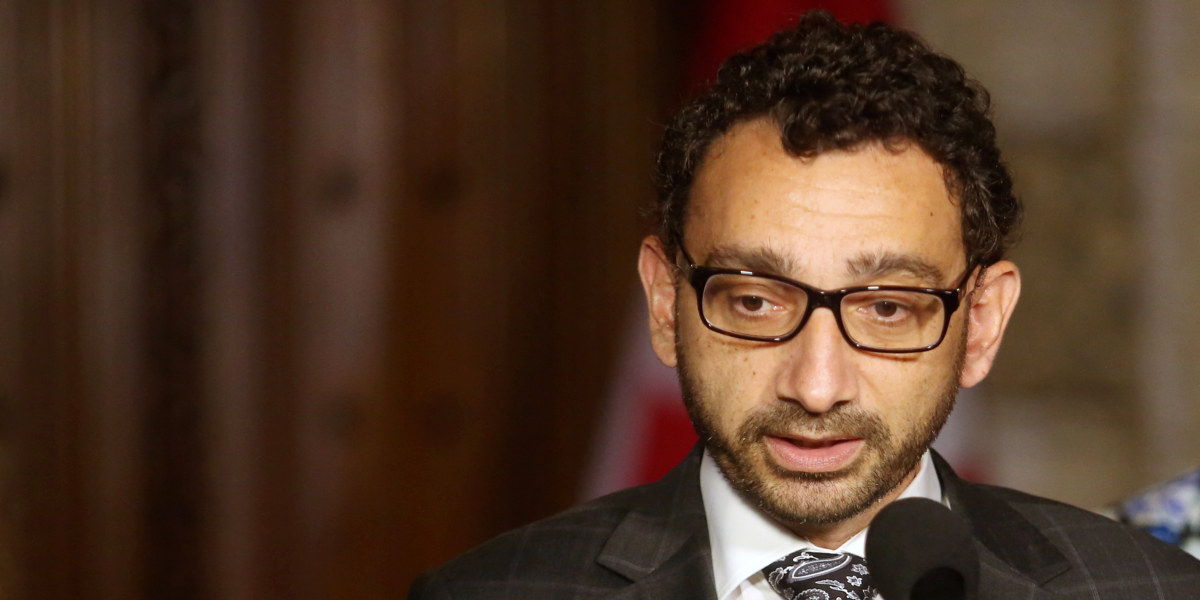
- COVID-19 variants of concern and the pandemic’s fourth wave are impeding the movement of international students seeking to attend Canada’s universities, making this fall
- COVID-19 variants of concern and the pandemic’s fourth wave are impeding the movement of international students seeking to attend Canada’s universities, making this fall
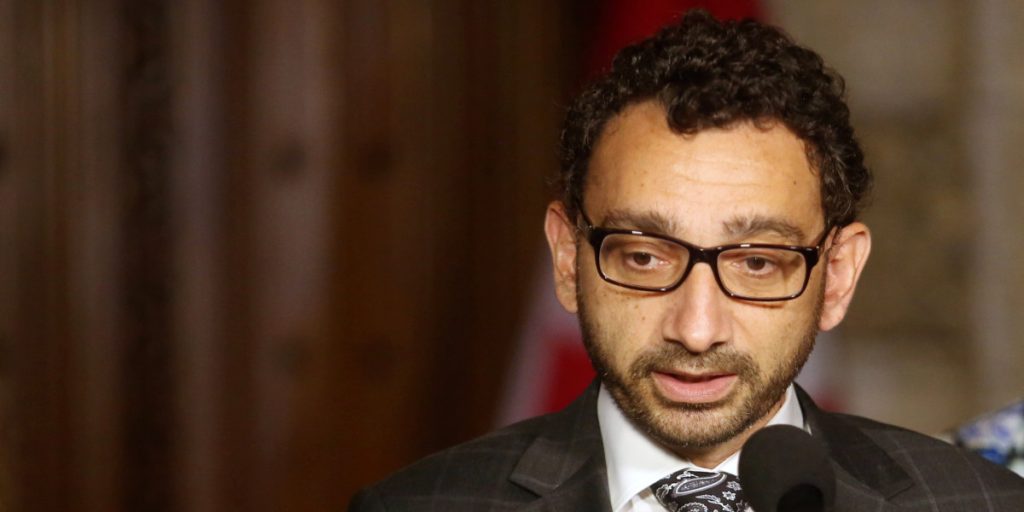
- On Sept. 8, nearly all of Lethbridge College’s 5,000-plus students returned to campus to start the school year. While we’d been able to safely
- On Sept. 8, nearly all of Lethbridge College’s 5,000-plus students returned to campus to start the school year. While we’d been able to safely
- On Sept. 8, nearly all of Lethbridge College’s 5,000-plus students returned to campus to start the school year. While we’d been able to safely
- For those in the education sector, September is always a time of hope and promise. This year, those hopes are tempered by threats of
- For those in the education sector, September is always a time of hope and promise. This year, those hopes are tempered by threats of
- For those in the education sector, September is always a time of hope and promise. This year, those hopes are tempered by threats of
- The COVID-19 pandemic brought challenges for internationalization in Canadian higher education over the past year. Study permits issued for international students dropped by 22.3
- The COVID-19 pandemic brought challenges for internationalization in Canadian higher education over the past year. Study permits issued for international students dropped by 22.3
- The COVID-19 pandemic brought challenges for internationalization in Canadian higher education over the past year. Study permits issued for international students dropped by 22.3
- For decades, Canada’s universities and colleges have been adrift. There have been reports and targeted programs, but no long-term plan to sustain a complex

- For decades, Canada’s universities and colleges have been adrift. There have been reports and targeted programs, but no long-term plan to sustain a complex
- For decades, Canada’s universities and colleges have been adrift. There have been reports and targeted programs, but no long-term plan to sustain a complex

- Investing for a rainy day is hard for governments who are often judged on “what have you done for me lately.” This is why
- Investing for a rainy day is hard for governments who are often judged on “what have you done for me lately.” This is why
- Investing for a rainy day is hard for governments who are often judged on “what have you done for me lately.” This is why
- Every technological revolution that society has witnessed was preceded by a major global crisis, and each was driven by major public investments. In each
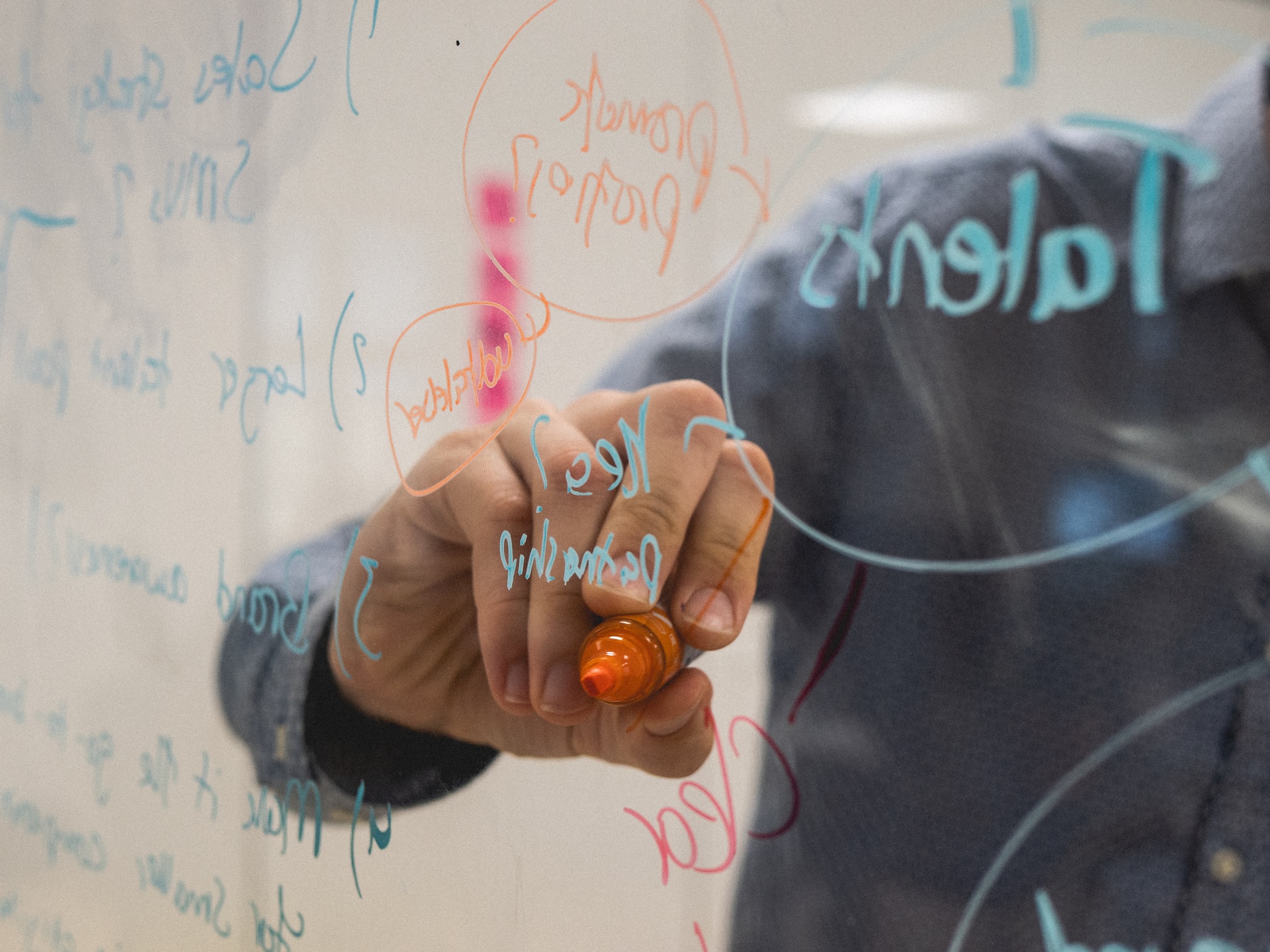
- Every technological revolution that society has witnessed was preceded by a major global crisis, and each was driven by major public investments. In each
- Every technological revolution that society has witnessed was preceded by a major global crisis, and each was driven by major public investments. In each
